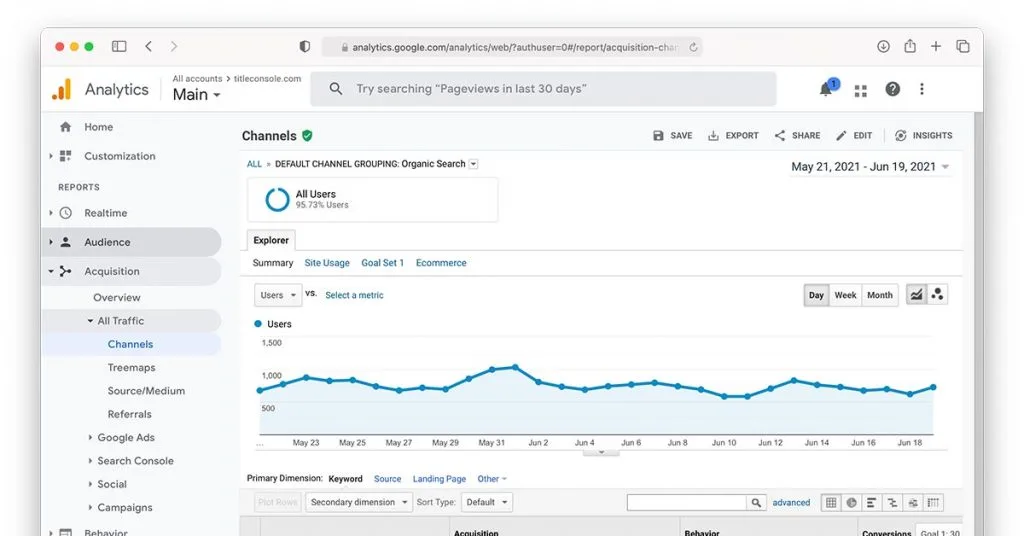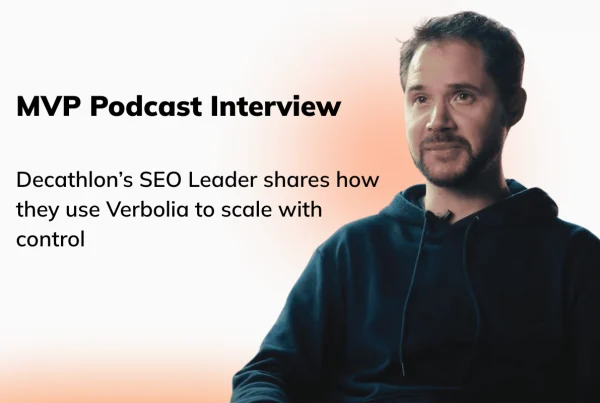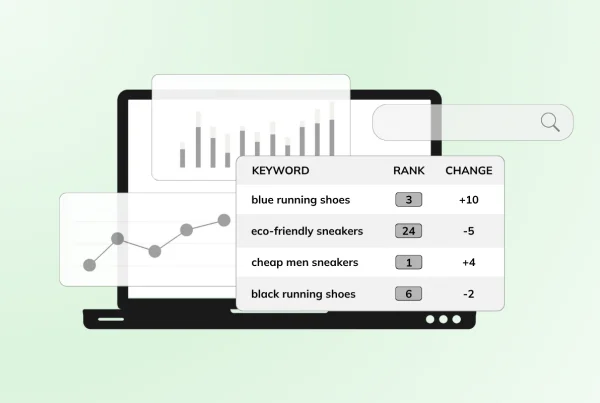Blog article
SEO measures bringing Return on Investment
Estimated reading time: 4 minutes

While the term Search Engine Optimization (SEO) was coined more than 20 years ago, and has existed since the early nineties, there are still a lot of common misconceptions about what SEO is, how it works, and especially, what it can bring.
When the first search engines started cataloguing the early web, getting indexed was relatively easy: webmasters only needed to submit an URL. The engines would then send a so-called spider that would ‘crawl’ the page for information to send back to the search engine. A so-called indexer could then index the page: extract information about links and information it contains, in order to show it in its search results. However, site owners quickly understood the value of a good ranking: the higher you are, the more people are going to visit your site. Therefore, they quickly understood they needed to take action. SEO was born.
Cat and mouse
And thus, a game of cat and mouse began. Webmasters stuffed their pages with excessive keywords, changed HTML attributes, and so on. But every time they found a new way to manipulate the ranking, the search engine adjusted the algorithm to level the playing field. And this kept on happening: every time people cracked the code search engines changed the algorithm. This is still happening: estimates are that Google makes around 500-600 (minor) changes every year. There were no shortcuts to a high ranking in the beginning, and there aren’t any now.
Immediate vs. long term results
There are, of course, things webmasters can do that have always been effective. Think about using the right header tags, readability, layout, formatting and different multimedia. This can improve your ranking, but its effects will be short term. For example, when a focus keyword has too much competition, it will not yield any long term results. Or, if a website is loading too slow, or if there are too many broken links, or if there are not enough backlinks and internal links. Because search engines will look for keywords, but also reward websites for a strong link profile, and technical health.

The importance of authority
Another thing to be mindful of is what search engines call ‘authority’. While this may sound elusive (and has indeed proven to be over the years), it just means organizations need to create the best content they can and present it in the best way they can. Content has to be insightful, original and provide clear takeaways. Length does not matter. Because as long as the content is structured and presented well and provides enough information it can be as long as the subject requires. Be aware, however, that authority is not something that is immediately there – instead, it needs to be built over the months, and could even take years.
Not a one-shot process
The most important notion, however, is that SEO is not a one-shot process. Strategies that are working today, might not be working tomorrow. Because, as stated above, search engines keep change their algorithm. That is why you need to keep monitoring your performance and keep making adjustments. For many companies however, this is easier said than done: the cost of SEO investment can be prohibitive. Especially because the Return on Investment can be hard to measure.

That is where Verbolia comes in. We help with the creation of thousands of landing pages specific to audiences and optimized for long tail SEO, generating higher search rankings and improve the chance of being found by the users you seek.
Do you want to know more? Please get in touch using our contact form.
About The Author
How can Verbolia help your e-commerce platform.


